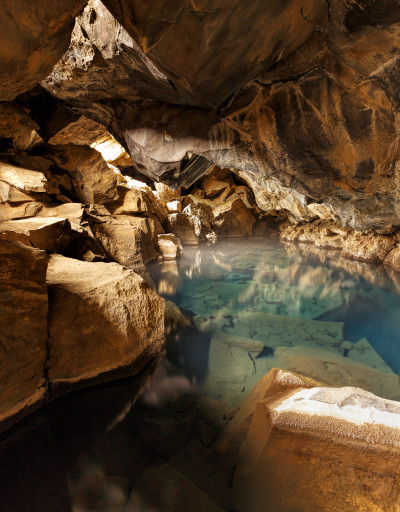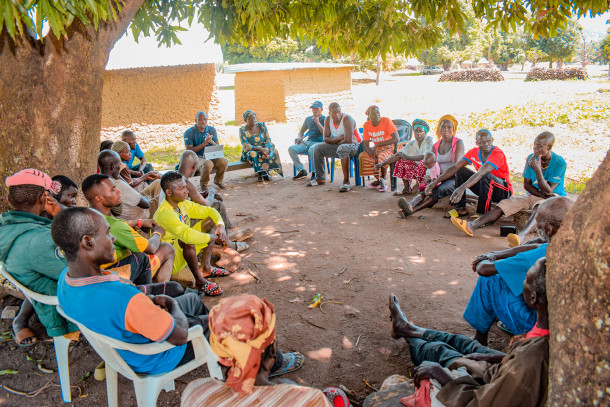
The way forward
More data
The lack of detailed information and knowledge about local groundwater resources remains a major challenge in several countries. Although often relatively expensive, monitoring is a wise investment: identifying problems at an early stage can be highly cost-effective, allowing mitigation measures to be introduced before serious deterioration of the resource takes place.
Groundwater data collected with public funds should be freely accessible.
The oil, gas and mining industries possess a great deal of data, information and knowledge on the composition of the deeper domains underground, including aquifers. As a matter of corporate social responsibility, private companies should share relevant data and information concerning subsurface water-related parameters with the public sector professionals in charge of groundwater management.

No pollution
In spite of its overall abundance, groundwater remains vulnerable to overexploitation and pollution, both of which can have devastating effects on the resource and its availability. Since groundwater pollution is practically irreversible, it must be avoided. While agricultural pollution is the most prevalent anthropogenic contaminant in groundwater globally, many sources of pollution are ubiquitous in urban and other settlements. Preventing groundwater contamination requires suitable land use and appropriate environmental regulations.
Sanctions and penalties may be stipulated for discharges without a permit or in violation of one, under criminal, civil or administrative law. Enforcement efforts and the prosecution of polluters, however, are often challenging due to groundwater’s invisible nature.

Assuming responsibility
In many countries, the general lack of groundwater professionals among the staff of institutions and local and national government, hamper effective groundwater management. The commitment of governments to build, support and maintain institutional capacity related to groundwater is crucial.
It is imperative that governments assume their role as resource custodians in view of the common/public-good aspects of groundwater and ensure that access to groundwater is distributed equitably and that the resource remains available for future generations.



